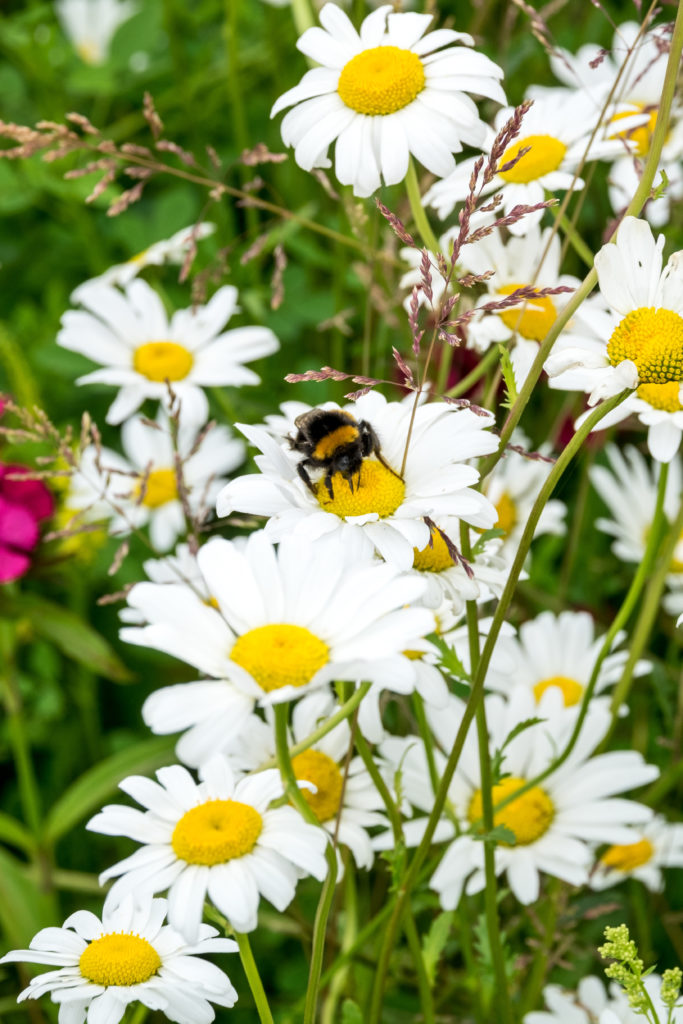The recent RHS Chelsea Flower Show was the venue for the launch of the Government’s Pollinator Action Plan.
This action plan for 2021 to 2024 sets out how the Government will continue to work together with associated partners (such as beekeepers, conservation groups, farmers and industry) to address the needs of pollinators.
Pollinators are an essential part of our environment and play a crucial role in food production – they contribute the equivalent of more than £500 million a year to UK agriculture and food production, by improving crop quality and quantity – and are also vital to our wider, natural ecosystems.
The Pollinator Action Plan also supports the delivery of the commitments in the Environment Act 2021, which requires legally-binding targets to be set to halt the decline in species abundance by 2030.
To read the Pollinator Action Plan in detail, you can access the report here.

As well as launching the Pollinator Action Plan at the Chelsea Flower Show, Environment Minister Rebecca Pow also encouraged people to participate in this year’s Flower-Insect Timed Count (FIT Count).
The initiative, supported by Defra and co-ordinated by the UK Centre for Ecology & Hydrology, will help track pollinator numbers and movements, providing crucial data that can be used to support pollinators in our natural environment. It could also reveal previously unknown colonies of pollinators, where numbers are diminishing, or how populations are shifting in response to climate change.
The FIT Count survey asks people to spend 10 minutes a day collecting data on the number of insects (bees, butterflies and other pollinators) that visit particular patches of flowers, including dandelion, buttercup and lavender.
You can download support material and learn more here.